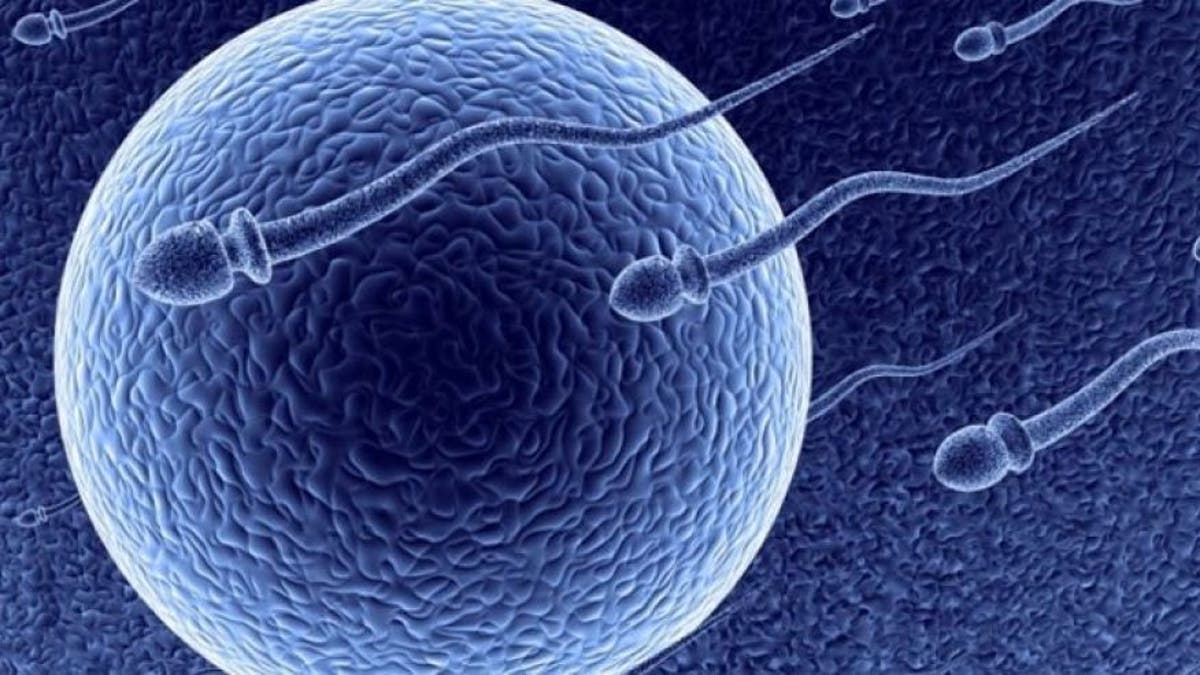
(iStock)
Although egg-freezing has been an option for some time, most childless women still lack knowledge about the costs and viability of freezing their eggs to preserve their fertility, suggests a small study in Canada.
In a survey of young women without children, participants listed financial considerations, health risks and unknown success rates as the main factors that would influence their decision to freeze their eggs.
"Delaying childbearing until later years is becoming an international trend, and there's an interesting assumption that women are being selfish and choosing their careers, travel or personal agendas over kids," said lead study author Judith Daniluk, a counseling psychology professor at the University of British Columbia in Vancouver.
"In fact, it appears that women are stuck between a rock and a hard place because they're considering the cost of raising children, the cost of daycare and the suitability of a partner," she told Reuters Health. "That's altruistic, not selfish."
Daniluk and colleagues also asked about views and knowledge regarding oocyte (egg) freezing for medical reasons, particularly for the 4 percent of women cancer patients who consider this fertility option. In that situation, survey participants most often said they would consider their partner's feelings, their own prognosis for a full recovery and concerns about the health effects of the procedure as the main factors that would influence their decision to freeze eggs.
"I think we're also seeing a bias among medical professionals who say 'Forget about fertility. Get on with saving your life,'" Daniluk said. "Women may not be given the option to consider this because they're being fast-tracked for treatment."
Since oocyte freezing technology is new, limited information exists about the success rates and number of babies born using cryopreserved eggs. About 20 babies have been born in the United Kingdom using this technique, according to 2015 figures from the UK Human Fertilisation and Embryology Authority.
In the United States, statistics from the Society for Assisted Reproductive Technology, which includes most fertility clinics among its members, indicate there were about 100 live births resulting from frozen eggs in 2013.
Daniluk created the Fertility Preservation Survey and the Fertility Awareness Survey in recent years to assess childless women's fertility beliefs and intentions after working as a reproduction counselor and encountering women with the same misconceptions about fertility options.
"Women came through my door and said they wanted to have kids but never found Mr. Right," she said. "They'd sit across from me at age 42 in the best shape of their lives but not realize that their eggs are also 42 and not in the best shape."
The research team used a survey company to recruit 500 childless participants between 18 and 38 years old to answer 44 questions about their knowledge and attitudes regarding egg freezing. The women, none of whom reported being infertile, took the survey online.
When responses were analyzed, researchers found that 85 percent of women correctly rated themselves as having little or no knowledge about egg freezing, meaning they answered less than one third of the other knowledge questions correctly.
More women embraced the idea of egg freezing when there was a medical need, rather than for social reasons. But younger women overall were more accepting of the idea of egg freezing for any reason.
The results, published in the journal Human Reproduction, are based on survey participants who were primarily white, educated and relatively affluent, so they may not apply more widely, the authors caution.
The study team also suggests that physicians become more proactive in incorporating fertility conversations in routine medical discussions with women in their late 20s and early 30s and that researchers develop educational materials to increase knowledge and awareness about egg freezing options.
"Exposure to educational material improves fertility awareness and changes desires toward childbearing and its timing," said Hidekazu Saito of the National Center for Child Health and Development in Tokyo.
"However, it also increases anxiety," said Saito, who was not involved with the current study. "Psychological approaches are needed at the same time to alleviate this potential anxiety."
